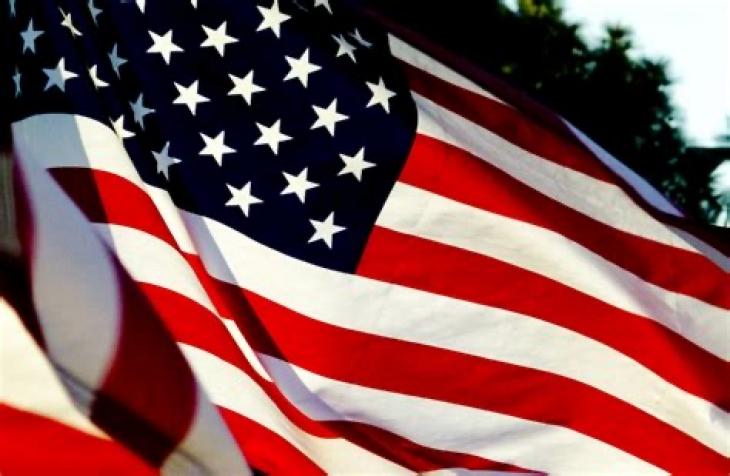
The relationship between the United States and the Caribbean islands has been shaped by centuries of historical, economic, political, and cultural interactions. From early trade networks and military interventions to modern tourism and migration, the bond between these regions remains strong and complex.
Historical Ties
The U.S. and the Caribbean have had interactions since the colonial era. American merchants traded goods such as rum, sugar, and tobacco with Caribbean nations. The U.S. also played a significant role in the Caribbean during the Spanish-American War of 1898, which led to the U.S. taking control of Puerto Rico. Throughout the 20th century, the U.S. continued to exert influence in the region through military interventions and economic agreements.
Economic Relations
The Caribbean serves as an important economic partner for the U.S., particularly in trade, tourism, and financial services. The U.S. imports key goods such as bananas, coffee, and petroleum products, while Caribbean nations rely heavily on American tourists for revenue. American companies have also invested in sectors like banking, agriculture, and energy in the Caribbean.
Cultural Influence
The Caribbean has had a profound cultural influence on the U.S., particularly in cities with large Caribbean-American populations like New York, Miami, and Houston. Caribbean music genres such as reggae, salsa, and soca have gained popularity in the U.S., while Caribbean cuisine, from jerk chicken to roti, has become a staple in many American communities. Similarly, American pop culture, fashion, and entertainment have influenced life in the Caribbean.
Migration and Diaspora
Millions of Caribbean immigrants have moved to the U.S. in search of economic opportunities and political stability. Countries like Haiti, Jamaica, Cuba, and the Dominican Republic have significant diaspora communities in the U.S. These communities have contributed to American society in various fields, including politics, sports, and entertainment. Prominent figures like Vice President Kamala Harris (of Jamaican descent) and musician Rihanna (from Barbados) reflect the deep Caribbean-American ties.
Political and Diplomatic Engagement
The U.S. has historically played a role in Caribbean politics, supporting both democratic movements and, at times, controversial interventions. Programs like the Caribbean Basin Initiative (CBI) have been designed to strengthen economic cooperation. The U.S. also works with Caribbean nations on issues such as disaster relief, security, and climate change.
Conclusion
The U.S. and the Caribbean share a deep and multifaceted connection, rooted in history, economics, culture, and migration. As globalization continues, these ties are expected to evolve, fostering even greater collaboration and cultural exchange between the regions.




